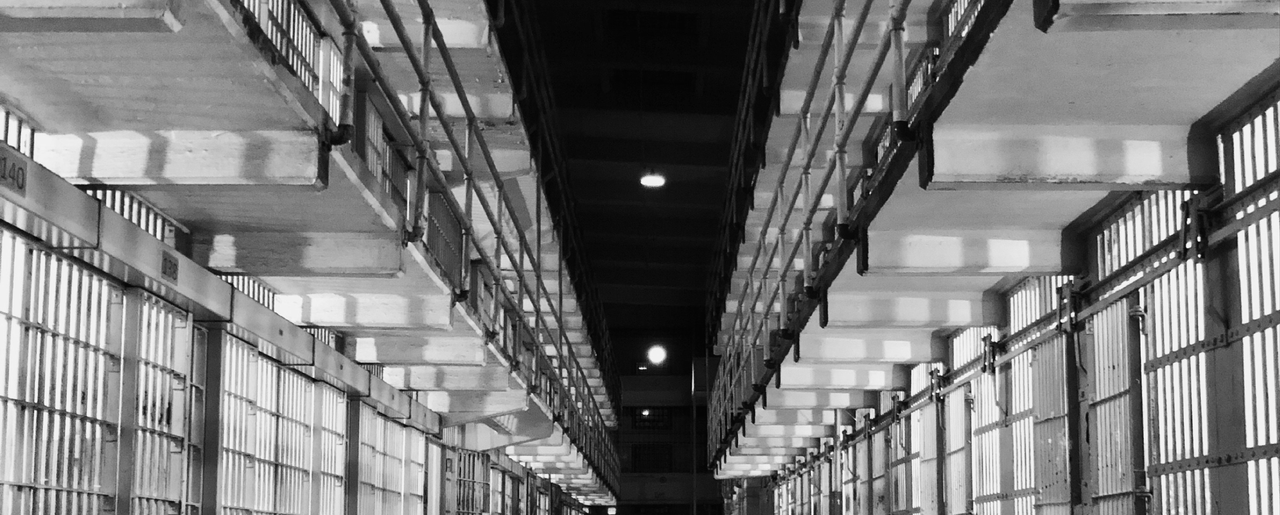Overview
As the time between sentencing and execution in the U.S. has lengthened from a few years to decades, the conditions of confinement for death row prisoners have come under closer scrutiny. Some Supreme Court Justices have raised constitutional concerns about the physical and psychological effects of being held for extensive time in solitary confinement, separate from challenges to the death penalty itself. Many legal experts in the U.S. and internationally have concluded that prolonged isolation is a form of cruel and unusual punishment, comparable to torture.
Many death row prisoners suffer from mental illness, and research indicates that the isolation on death row exacerbates mental health conditions. Older inmates also suffer from increasing physical disabilities that often complicate their executions.
At Issue
The issue of extensive time on death row presents a dilemma: If death penalty appeals are rushed through the system, it might lessen the time spent on death row, but more innocent people will be executed and grave injustices will remain undiscovered and uncorrected. A thorough review of each case, with an openness to retrial upon the emergence of new evidence, has the side effect of keeping prisoners in degrading conditions for twenty years or more.
What DPI Offers
DPI provides summaries of the conditions and rules governing prisoners on death row in each state. It also tracks the amount of time that prisoners spend under these conditions. Finally, DPI collects the important court decisions related to this issue.
News & Developments
News
Jul 22, 2025
Texas Pilot Program Allows for Less Restrictive Conditions for Some on Death Row for First Time in Decades
Recent reporting from the Houston Chronicle describes a pilot program begun in February of last year which has allowed a select group of prisoners on Texas’ death row the opportunity to experience loosened confinement conditions. About a dozen individuals on Texas’ death row are being allowed to mingle in a common room, share meals, and spend time outside of their cells without handcuffs or shackles. As the Chronicle reports,“instead of shouting to each…
Read MoreNews
May 30, 2025
New Tennessee Policy to Isolate Prisoners Before Execution Described as “Its Own Form of Torture”
In a change from previous policy and practice, Oscar Smith spent the last two weeks of his life in strict isolation, separated from others on death row, surveilled 24 hours a day, and only permitted visits by his attorneys and spiritual advisor. On May 15, the Nashville Banner detailed Tennessee’s new policy to isolate Mr. Smith immediately before his execution. In comments to the Banner, Kelley Henry, one of Mr. Smith’s attorneys, described the isolation…
Read MoreNews
Dec 18, 2024
4th Circuit Affirms Dismissal of Legal Challenge to South Carolina’s Restriction on Media Access to Prisoners
U.S. Court of Appeals Fourth…
Read MoreNews
Dec 05, 2024
Hidden Casualties: Executions Harm Mental Health of Prison Staff
In March, Oklahoma officials asked the state’s high court to increase the time between executions from 60 to 90 days, citing the“lasting trauma” and“psychological toll” of executions on corrections officers. But Judge Gary Lumpkin dismissed these concerns, telling officials that prison staff needed to“suck it up” and“man up.” A few weeks later, Brian Dorsey was executed in Missouri after the governor ignored the pleas of an unprecedented 72 corrections…
Read MoreNews
Oct 24, 2024
New Analysis: Death-Sentenced Prisoners “Volunteer” for Execution at Ten Times Civilian Suicide Rate
Derrick Dearman first told his mother that he wanted to die when he was four years old. On October 17, he was executed by the state of Alabama, becoming the 20th person executed in the United States this year and the 165th in the modern era to“volunteer” for death. A new analysis by the Death Penalty Information Center shows that despite falling rates of death sentences, executions, and public support for the death penalty, the number of death-sentenced prisoners…
Read More


